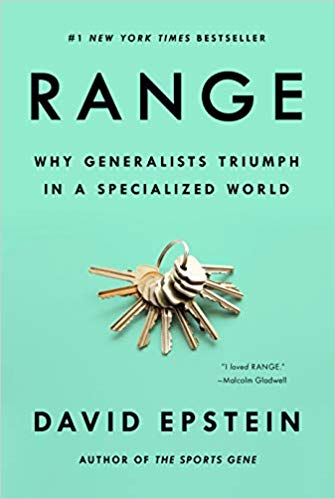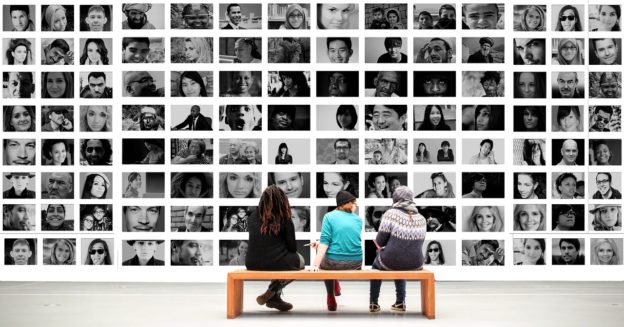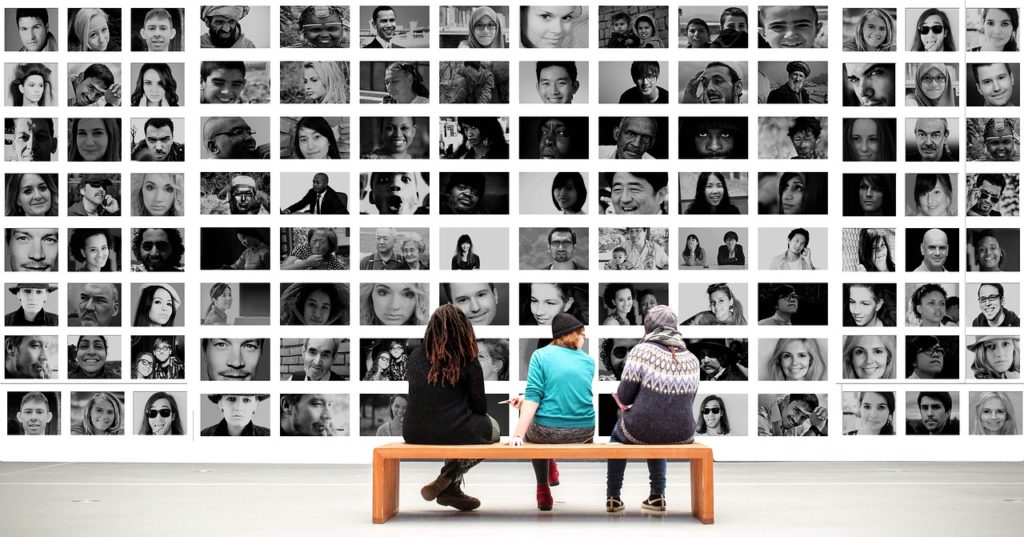This week I’m taking off work to be with family. Christmas is a special time of giving and we love the spirit that is wrapped around this holiday. As I think about the next two weeks heading into the new year, I think about how much my priorities and my rituals have changed for this time of year (and how they haven’t, in some ways).
I’d love for this to be an encouragement for you to think about how you spend your time during this part of the year as well as how you plan for the year ahead.
Before Kids
A ritual, by definition, is a series of actions or type of behavior regularly followed by someone. However, rituals can change over time.
For instance, before my kids were born, I actually worked every day over the holiday weeks except for Christmas Eve and Christmas day. I loved the time when nobody was in the office so I could catch up on tasks before the new year. To be honest, I loved working when there were no emails coming in, because that meant I could focus on what needed to get done, not on what someone else needed me to get done!
I also used the time to do strategic planning, looking at what big things my team and I would try to accomplish in the coming year. I learned that practice from the best manager I ever had. She would create a theme for the year for our HR team and find a way to weave it into the big projects we were planning to work on, such as “service” or “fun.” They usually aligned with our core values which made it even more valuable for us to be sharing that from an HR perspective.
She taught me so much at a critical time in my career. I learned from her that little mistakes are, in the long run, little mistakes. She loved to say, “We can only do what we can do.” With a small team and a rapidly growing employee base, it was comforting to know that while we were working as hard as we could on a day to day basis, we were also human as well and she didn’t have unrealistic expectations of us. She also emphasized family first, which is uncommon in many high-growth organizations.
After Two Kids
Back to the rituals, my approach has changed over the years. Once our first two were born, I started taking off an extra day or two around Christmas and New Year’s to be home with the family a bit more. I shifted my planning back into late November and early December for the most part. And if I did any work during the holidays it was cleaning out the inbox, organizing the office/desk, and clearing off my electronic calendar from all those things I need to do, will never do, or still need to think about.
The rest of my time at this point was spent with family. Both my wife’s family and mine live within 30 minutes of us, so the holidays involve a lot of driving but in short, concentrated bursts all around where we live. Add to that the fact that our families have about 7 birthdays between November and December and there’s not much time left for other things. :-)
After Four Kids
In the last two years or so, I’ve worked mornings but taken off the rest of the day after lunch to be with the family. However, this year I’m taking off pretty much the entire time both the week of Christmas and the week of New Year’s. I get up a few of those mornings and work for about an hour before the sun comes up and the kids wake up, but otherwise I put everything away for a few days as best I can. Now that the older kids are in school, I appreciate those times with them even more when they are out of school. On top of that, I travel a good bit for work during busy seasons, and I treasure these times I’m at home where I can build deeper relationships with each of my kids.
On a nerdy level, one of the most fun conversations I have with the older kids are about what jobs are, how you get them, and what it’s like to “be your own boss.” They ask such intuitive and interesting questions and it’s so fun to see them growing into sharp young women already.
Add to that the fact that our little ones seem to be growing by leaps and bounds and I quickly realize that life is fleeting, and I won’t have an unlimited number of holidays to spend with them while they are small.
Also, on an even more personal note, my faith is a big part of who I am, and my wife and I have had to work harder and harder over the years to intentionally insert these beliefs in for the kids over the holidays but also into the turn of the new year. The holidays are about giving, about joy, and about kindness and goodwill towards all those around us. We see giving as a key part not just of our faith but of who we are as a family. The older kids are now big enough to experience this with us and we had them personally shop for kids on the angel tree this year to have an opportunity to bless someone else.
Paradoxically, the stress of the holidays makes this sentiment hard to come by sometimes, but we have some family rituals designed to bring us back to that center on a regular basis. In terms of the new year, I’m an optimist by nature, but we’ve also been promised that good things are in store for those who keep the faith, and that’s a belief we are trying to pass down to the next generation.
The Next Phase
I imagine that this will become the standard approach while we have young children for the next 10 or so years, but after that it’s hard to say what might change with the ritual. I don’t ever see myself working full time again during the holidays, so maybe we will plan something else around this time of the year, like a race or a trip. I had hoped to run a race this New Year’s Eve but unfortunately strained something and am trying to recover for a bigger running goal that will happen in March.
Another idea might be a family (or partial family) mission trip. One of the best experiences I had back when the kids were very small was taking a mission trip to Guatemala during the week after Christmas. Spending that week in another country and loving on those people as they celebrated the New Year was quite humbling, and when the oldest girls are a few years older, I plan on taking them to participate in an even deeper experience of giving and service.
What’s Yours?
What is your ritual around family and/or work during the holidays? Do you take time off? Work extra? Take a trip? Has it changed over the years?



